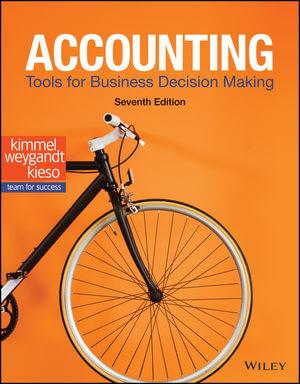Question
Hill Industries had sales in 2016 of $6,800,000 and gross profi t of $1,100,000. Management is considering two alternative budget plans to increase its gross
Hill Industries had sales in 2016 of $6,800,000 and gross profi t of $1,100,000.
Management is considering two alternative budget plans to increase its gross profi t
in 2017.
Plan A would increase the selling price per unit from $8.00 to $8.40. Sales volume
would decrease by 10% from its 2016 level. Plan B would decrease the selling price per
unit by $0.50. The marketing department expects that the sales volume would increase by
100,000 units.
At the end of 2016, Hill has 40,000 units of inventory on hand. If Plan A is accepted,
the 2017 ending inventory should be equal to 5% of the 2017 sales. If Plan B is accepted,
the ending inventory should be equal to 60,000 units. Each unit produced will cost $1.80
in direct labor, $1.40 in direct materials, and $1.20 in variable overhead. The fixed overhead
for 2017 should be $1,895,000.
Instructions
(a) Prepare sales budget for 2017 under each plan.
(b) Preparea production budget for 2017 under each plan.
(c) Compute the production cost per unit under each plan. Why is the cost per unit different
for each of the two plans? (Round to two decimals.)
(d) Which plan should be accepted? (Hint: Compute the gross profit under each plan.)
Step by Step Solution
There are 3 Steps involved in it
Step: 1

Get Instant Access to Expert-Tailored Solutions
See step-by-step solutions with expert insights and AI powered tools for academic success
Step: 2

Step: 3

Ace Your Homework with AI
Get the answers you need in no time with our AI-driven, step-by-step assistance
Get Started


